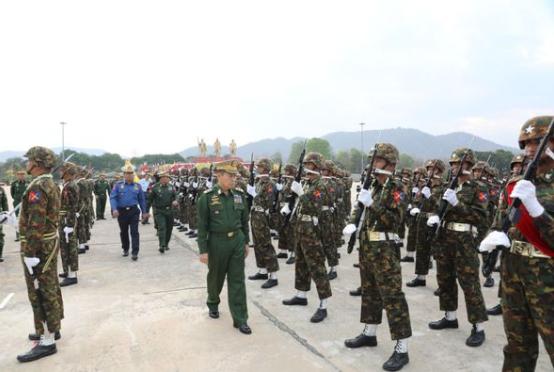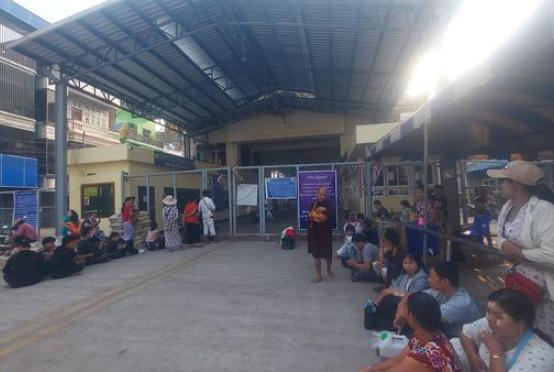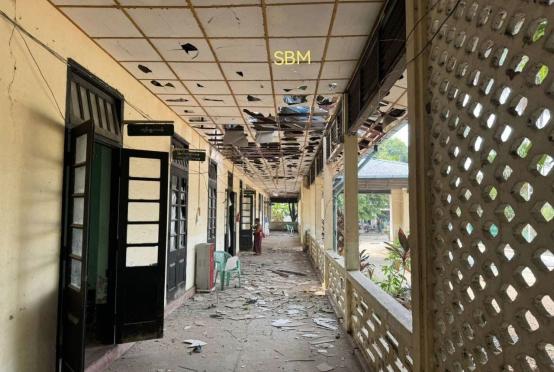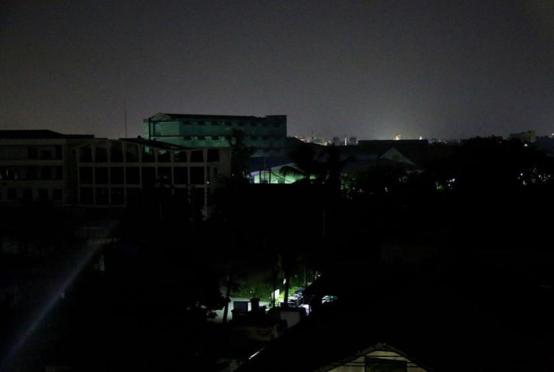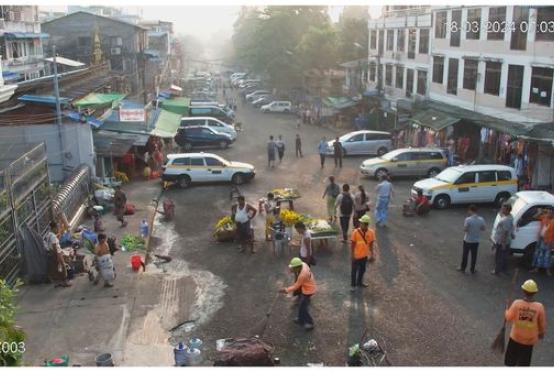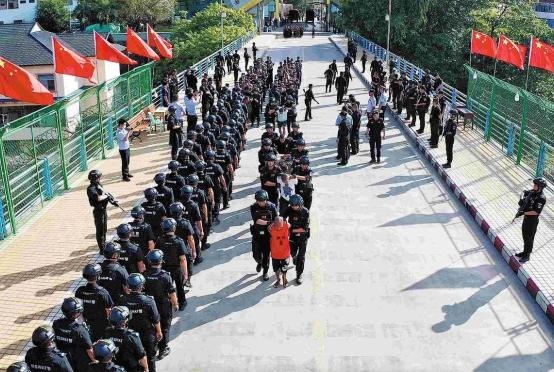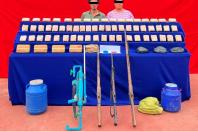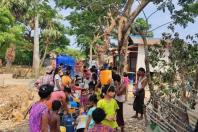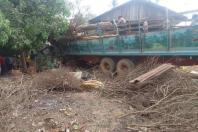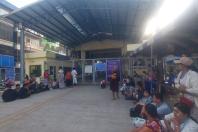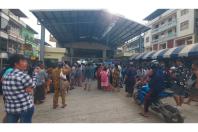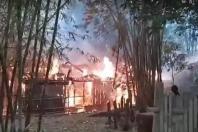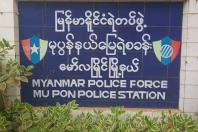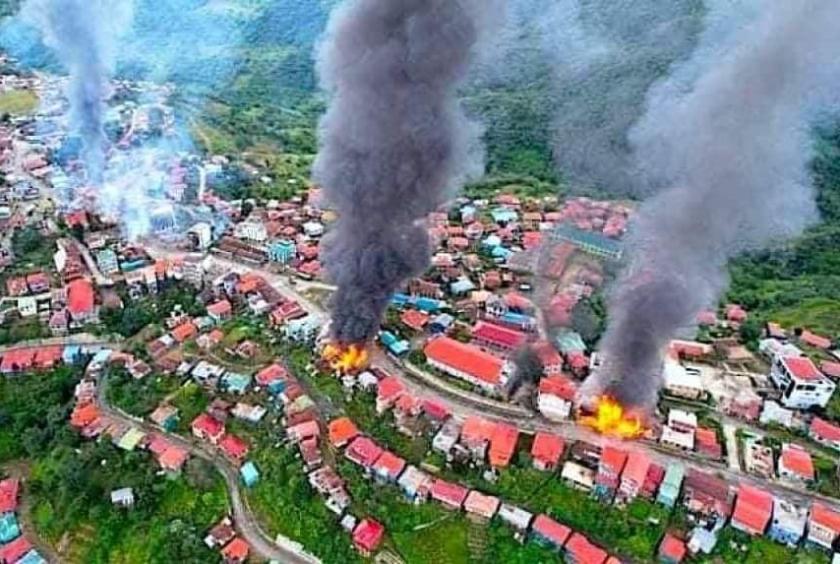
More than 400,000 people have been displaced in northwestern and southeastern Myanmar and access to humanitarian aid remains restricted, announced the United Nations Office for the Coordination of Humanitarian Affairs (OCHA Myanmar) on February 9.
According to the statement, intense fighting between Tatmadaw, ethnic armed groups and People's Defense Forces (PDFs) has forced civilians to flee their homes in northwestern and southeastern Myanmar.
According to OCHA Myanmar, the intensity of the fighting has resulted in the destruction of civilian property and the displacement of civilians.
As of January 31, the United Nations High Commissioner for Refugees (UNHCR) had estimated that about 191,640 people had been displaced by armed conflict in northwestern Myanmar since February 1, 2021.
About 197,970 people: 136,270 in Sagaing Region, 21,360 in Magway Region and 40,340 in Chin State, have been displaced in northwestern Myanmar, according to the statement.
In the past two weeks, a statement from the OCHA Myanmar said that 1,080 buildings, including religious buildings, were destroyed in the blaze.
According to a statement issued by OCHA Myanmar on January 26, About 217,900 people, 91,400 people in Kayah State, 74,600 in Kayin State, 42,600 in southern Shan State, 7,100 in Mon State, 1,600 in Tanintharyi Region and 600 in Bago Region, had fled the fighting in southeastern Myanmar. As a result, more than 400,000 people have been displaced in northwestern and southeastern Myanmar, according to the announcements of OCHA Myanmar made on January 26 and February 9.
As humanitarian needs continue to grow, OCHA Myanmar says access to humanitarian access remains severely restricted due to the bureaucratic blockades, the conflict and the increase in military checkpoints.
The statement added that greater access was needed to respond to the growing need for humanitarian assistance.

